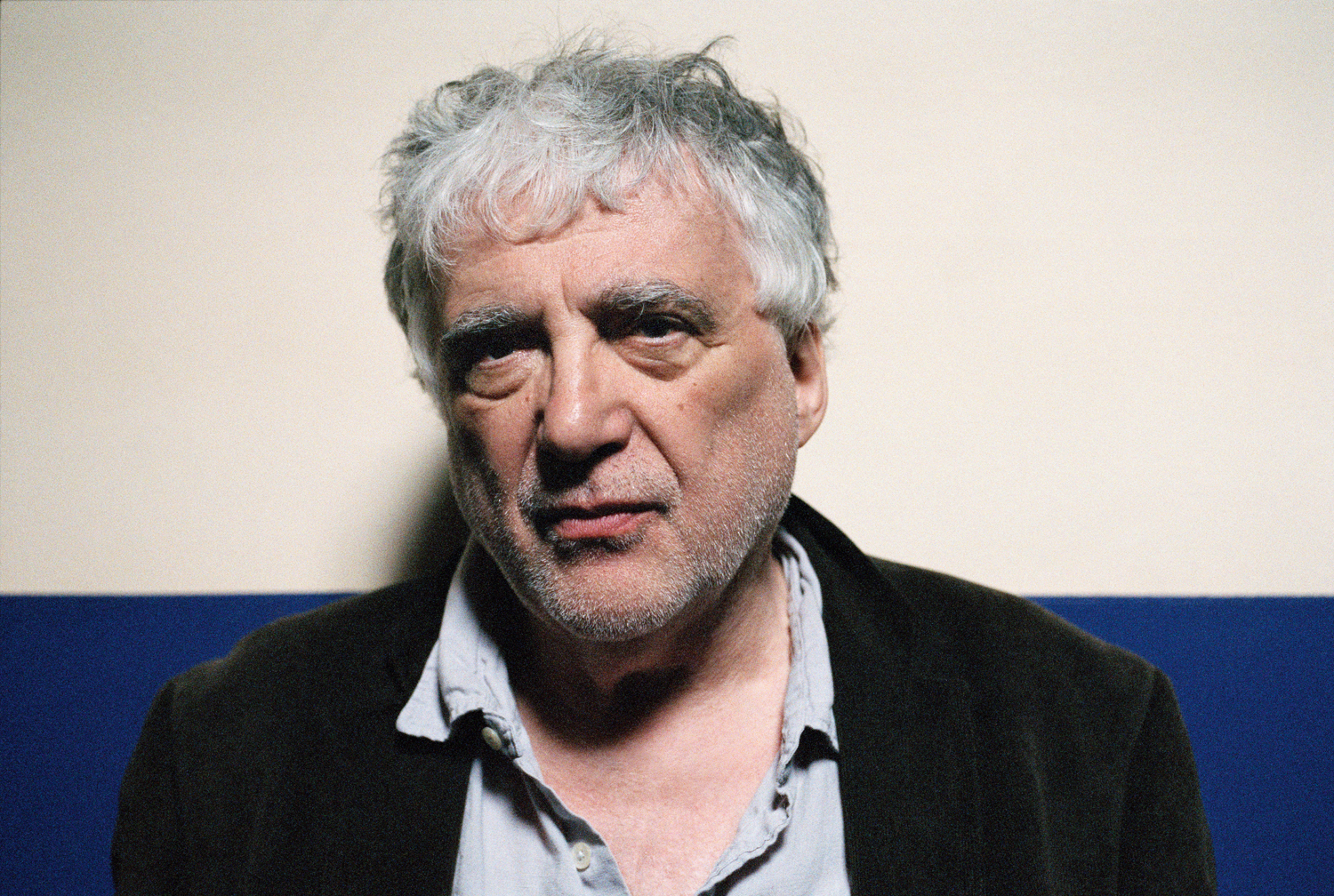Purple Magazine
— F/W 2012 issue 18
Michel Butel
 Michel Butel
Michel Butel
editor
interview by OLIVIER ZAHM on liberty
portrait by GIASCO BERTOLI
OLIVIER ZAHM — The subheading on your new journal L’Impossible is L’Autre Journal (The Other Journal), a reference to a publication that caused a big splash for you in the French press of the 1980s. That journal became a cult item, as well as a reference for many people. So why did L’Autre Journal go out of print when it was such a big success?
MICHEL BUTEL — Because of the first Gulf War, to which the journal was violently opposed. The shareholders stopped financing it; in fact it was straight-up political censure. It is a violent story: it was French president François Mitterrand — a Socialist — and his staff; they made it crystal clear to my shareholders — a large insurance company, one of whose directors was tightly connected…